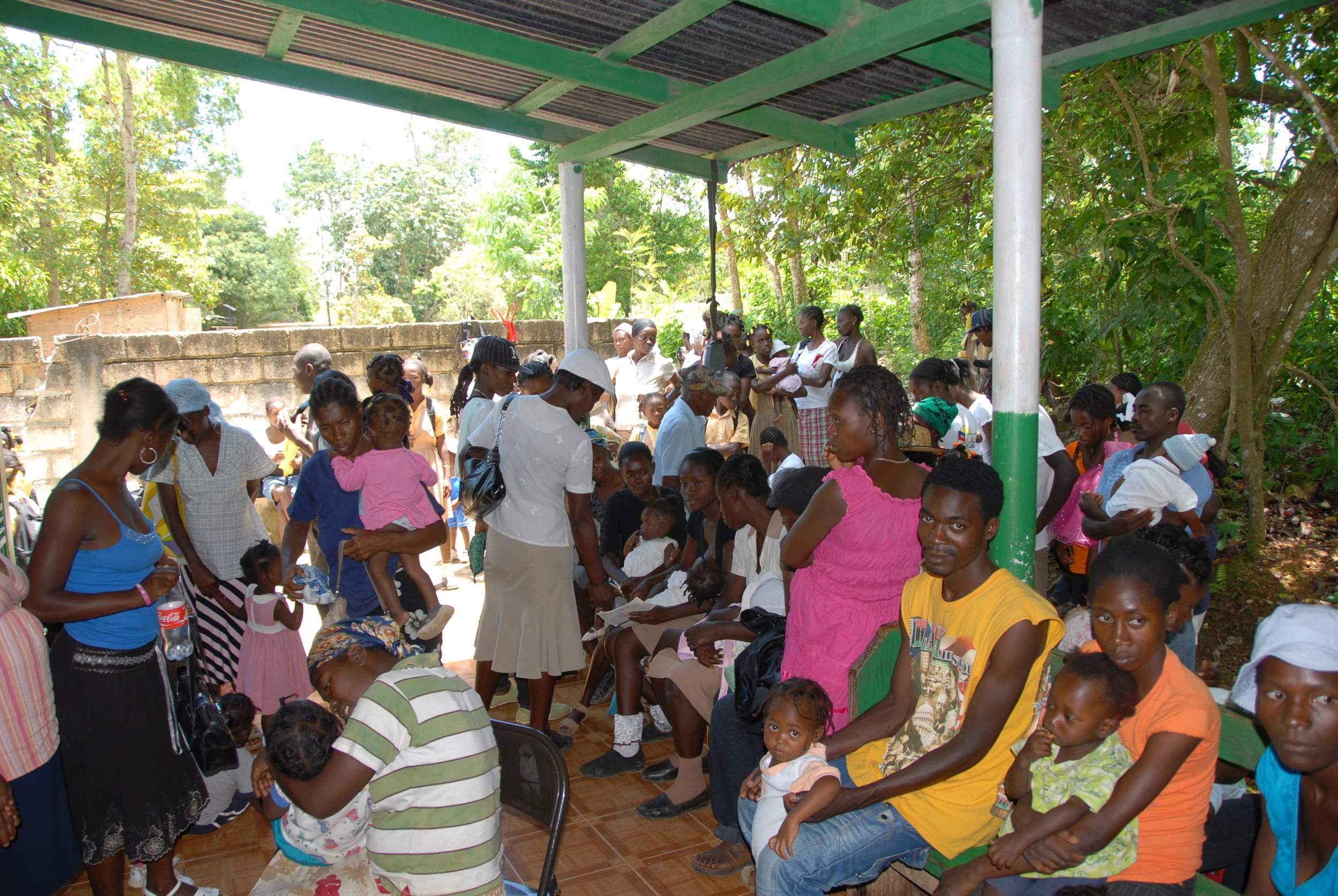The Village of Cherident
Martha Abbey Miller has written two books about people who have had a tremendous impact on improving the lives of those in the village of Cherident and the surrounding community. In her book Hope Personified: Frances Maschal Landers, Martha describes Cherident as a “wide spot in the road”. At first glance, there appears to be nothing special in the town and the only evident landmark is a thin concrete arch that spans the dirt road.
However, stay a while and you will witness the rural community come to life. On early weekday mornings, hundreds of school children emerge from the surrounding crops and trees, heading to schools (built thanks to Frances Landers) in clean, pressed uniforms. On the road, farmers will walk by to begin coaxing crops on their small plots of land. A bit later the road becomes busy with motorcycle taxis, brightly colored Tap-Tap buses, and women walking with buckets to collect water from small streams and public faucets. On Sundays, the enthusiastic singing from the assemblies from the Episcopal and Catholic churches fills the air. While there is still poverty, children are learning, crops are being grown, farm animals are being raised and people are bartering for goods; all of this is taking place in a green rural countryside that stands in stark contrast to the congestion and smoky haze in Haiti’s urban areas. In rural Cherident and Grande Colline, there is a feeling of hope for better days.
The only thing lacking was a healthcare facility, but HHP saw the need and opened the fixed clinic in Cherident. Elsewhere in Grand Colline a government clinic closed, a large medical NGO left two years after the 2010 earthquake, and another small facility closed last year. Fortunately, thanks to our donors, HHP has been able to fill this void, adding a mobile clinic, a strong maternal care program, and now has begun a youth running club.
The people of Grande Colline are caring, hospitable and so appreciative of the availability of a quality healthcare facility. HHP is honored, humbled, and happy to serve their medical needs.
A Little More on Haiti
A Young Boy and His Rock
When one visits Haiti or hear of Haiti through media, they can learn right away of the small island nation (no larger than Maryland) struggling for its some 9 million people to overcome another hardship. Yet, the Haitian people do indeed, overcome. This is what we can learn more about Haiti and its people; their resiliency in the face of great turmoil, their courage day in and day out in circumstances others might not be so brave to face, and their joy in the midst of seemingly nothingness. The Haitian people have so much to teach us.
One small story illustrated such lessons well.
Haiti is much like a young boy pushing a large rock all the way up a mountain. Although the rock was much heavier and bigger than him, the young boy was determined to never give up. Close to the top, the young boy stumbled and the rock slipped from his hands and rolled back down the mountain. Looking back, the young boy walked down the mountain and called a friend. Together they to push the rock back up the mountain again.
Healthcare in Rural Haiti
The Grand Colline region of Haiti is situated just outside of Port-au-Prince, Haiti. This area is home to the Haiti Healthcare Partners clinic and also many farmers and small business owners. The families in this region have learned to live off of the land in order to survive. Providing healthcare in this region of Haiti is a difficult yet vital decision. Since opening doors in 2006, we have made bettering the lives of women and children one of our top priorities- given Haiti has one of the highest infant and mortality rates. Through our work in the region we have also come to learn more of the realities of Haiti's battle with malnutrition as well as high birth rates among young women, and the worst AIDS problem in the Americas (Pan-American Health Organization, www.paho.org).
According to PAHO, 40% of Haiti's population has no access to healthcare and more than 70% of the has no access to medications. Rural Haiti tends to have unsafe drinking water and adequate sanitation, those living in rural areas have much higher rates of waterborne disease (World Health Organization 2006).



